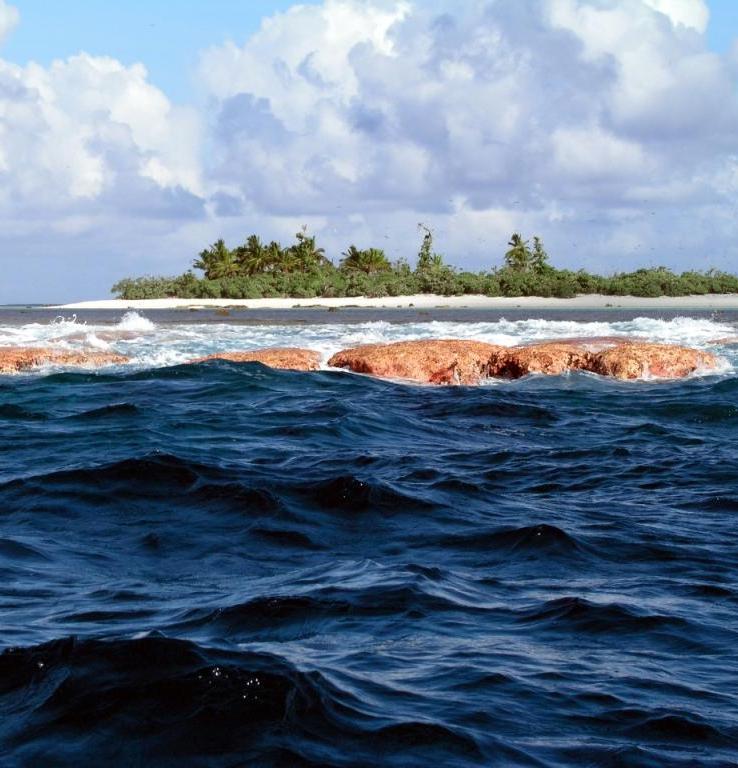Small islands may in fact amplify tsunamis, researchers warn
Small islands, long thought to be natural tsunami barriers for coast-dwellers, may in fact amplify the waves they are supposed to break, researchers warned Wednesday. Simulations of wave motion done as part of a study published in a British journal found that some coastal communities may be at higher risk from tsunamis of the kind that devastated villages in the Indian Ocean in 2004 and in northeastern Japan in 2011. Out of 200 computer simulations conducted, not one concluded that the presence of an island defended the coastal area behind it. Instead, the tsunami’s energy was amplified by as much as 70 per cent.
[An island] often acted as a lens, focusing the wave’s destructive power.
Frederic Dias of France’s Center for Mathematical Studies and their Applications, who co-authored the research article
The simulations varied the island and beach slope, the water depth, the distance between the island and the beach, and tsunami wavelength. Scientist Frederic Dias said coastal communities in countries like Greece and Indonesia were particularly at risk from the phenomenon uncovered by the study. The research was inspired by scientists observing that Indonesia’s Sumatra was particularly badly hit by the 2004 Indian Ocean tsunami, even though it is dotted with offshore islands.

Science tsunami